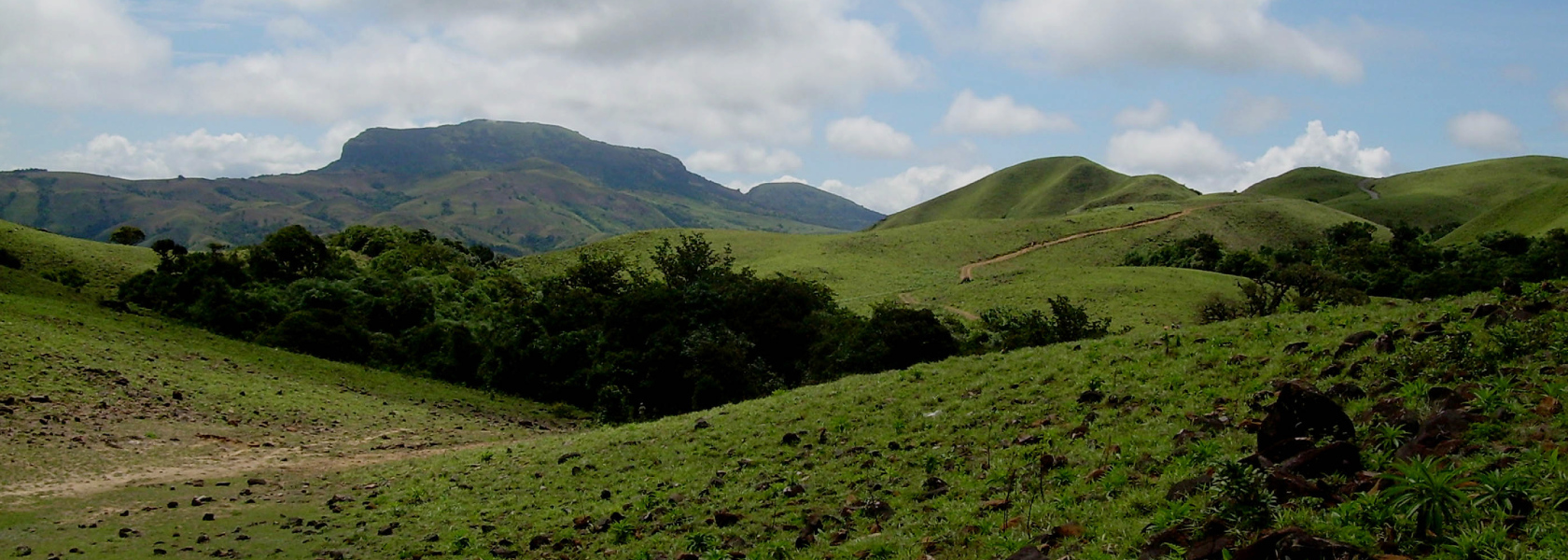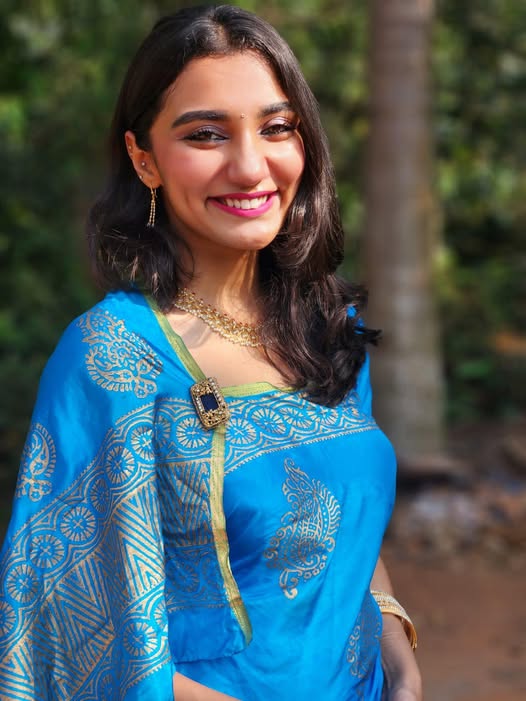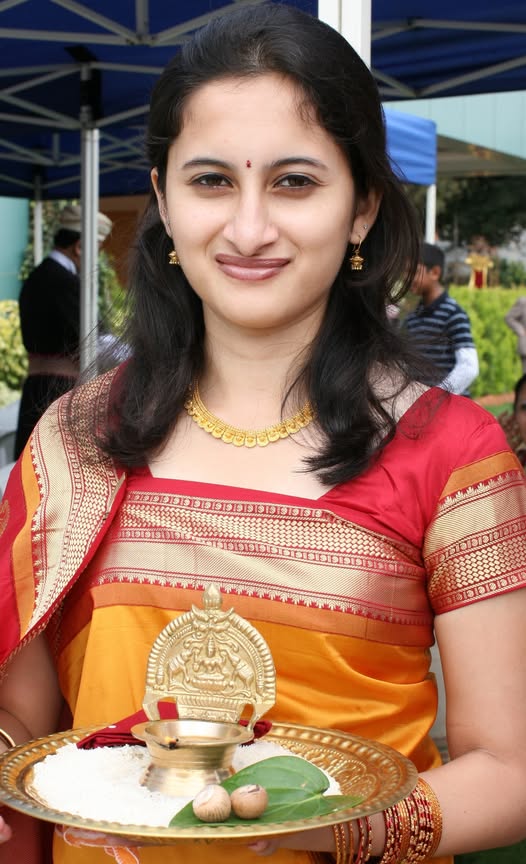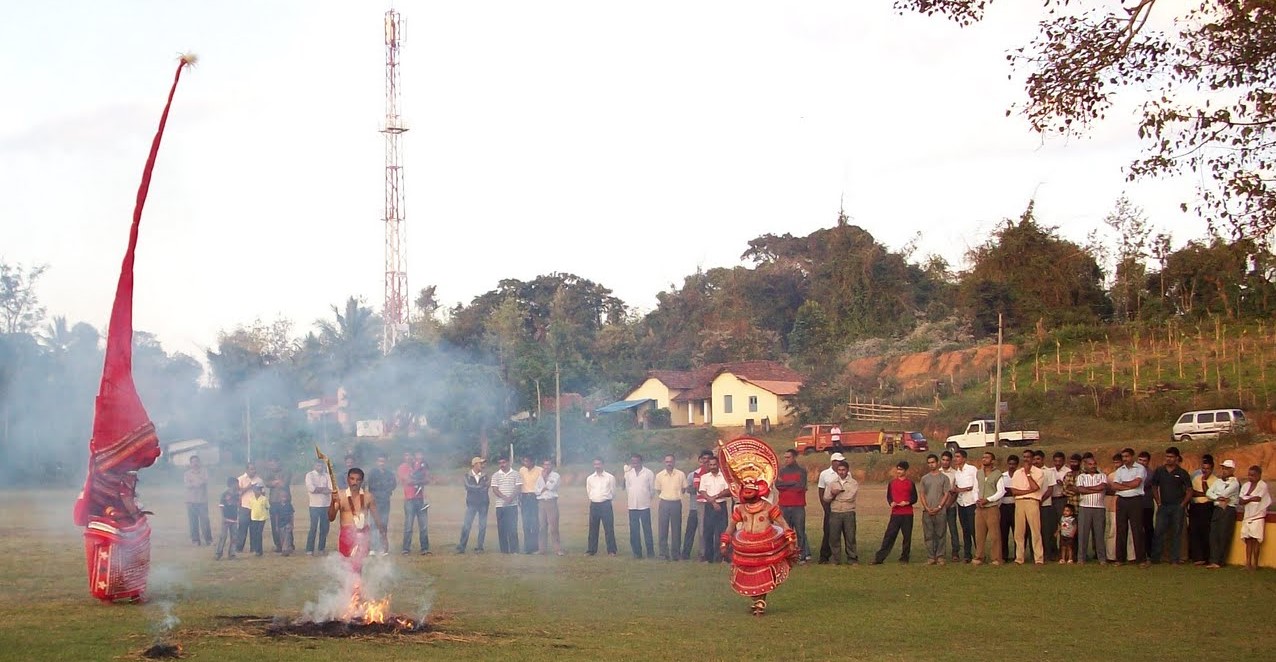
Blogs
CONTRARIAN VIEW: WHAT SHOULD KODAVAS (COORGS) FIGHT FOR?
By M.M. Thimmaiah
“What should Kodavas fight for?” is a question typical of a community stranded at the crossroads of their socio-cultural journey. The question can also be rephrased as, “Which road should Kodavas take?” One road will take them towards reaffirmation of their cultural identity and clinging to their roots in Coorg. In political terms this will mean a separate fight for our land, language and continuation of privileges like Exemption under the Arms Act, as also a demand for special constitutional protection for this unique micro-ethnic group in education and jobs. The other road may mean merging in the cultural mainstream of the Nation and making common cause with all the groups fighting for better governance and equal opportunity, through the mechanism of parliamentary democracy.
Before we chart out future journey, a brief recap of our recent past may be in order. The period between 1834 when the British took over the administration of Coorg and 1956, when Coorg was merged with Karnataka seems in retrospect, as a golden era of Kodavas. The establishment of rule of law with a permanent judiciary, the documentation of land records, opening of schools and recruitment of Kodavas in the British Army and Civil Service created ample opportunities for the advancement of the community. The introduction of coffee, a stable commercial crop enabled Kodavas to develop their idle bane lands and establish a sound financial base. Leaving behind generations of persecution and bloodshed the population of Kodavas rose from 24,000 in the 1861 census (quoted by Rev. Richter in the Coorg Gazetteer) to an estimated 100,000 by the middle of the 20th century.
Just before the merger with Karnataka, Kodavas were the dominant social group in Coorg with widespread land ownership, universal literacy, high social status and plenty of job opportunities. The merger of Coorg with the erstwhile Mysore state, at one stroke, not only ended the dominant political role of Kodavas, but saw the beginning of a slow and steady erosion of our rights over our lands and natural resources. Kodava language, culture and heritage were threatened by the progressive state-sponsored imposition of Kannada in education and administration.
Sporadic protests did occur against the steady colonisation of Kodagu. The earliest uprising was against the Barapole and Kumardhara water diversion projects which would have caused submergence of large tracts of low-lying areas in Coorg to supply irrigation water to other districts. During the late 70’s and 80’s Kodagu Moolanivasigala Sangha highlighted the issue of occupation of government revenue lands by settlers from outside, edging out local landless tribals. By the mid-eighties, the Kodagu Ekikarana Ranga was formed as an umbrella organisation, representing all major segments of society, to highlight the lack of development and the special problems of Coorg in the areas of land tenures, tree rights, etc.
Around this time the emergence of a separatist organisation named Liberation Warriors of Kodagu (LIWAK) with its demand for statehood for Kodagu caught the imagination of Kodavas. It brought a lot of media attention to the plight of Kodavas by organising colourful protests in state and national capitals. The organisation however frequently changed its name and objectives and refused to be part of broad-based protests with other ethnic groups of Coorg who were also suffering from neglect by the State government. The symbolic protests of CNC and demands submitted to constitutional heads like the Governor or the President hardly produced any administrative response. The closed leadership of the organisation and the extreme highlighting of caste identity, has unfortunately led to the alienation of Kodavas from the political mainstream and weakened our impact.
The early nineties saw the successful struggle for free market in coffee, to end the exploitation of coffee growers under the monopoly pooling system of Coffee Board. The introduction of free market for coffee not only transformed the economy of Coorg, but initiated a change in the mind-set of Kodavas. Unlike our ancestors, Kodavas are now aware of market dynamics, risk-taking, new forms of investment other than farming, and are slowly learning entrepreneurship.
The present plight of Kodavas is not as miserable as the perception created by the popular narrative of victimhood. Thanks to the merit-based CET system of admission to professional courses and opening up of opportunities in the IT sector, the educated younger generation have been able to find good jobs in the private sector. This has softened the blow from the loss of government jobs due to reservation and corruption in recruitment. The rise in prices of coffee and pepper has enabled even small planters to invest in improvements to their estates, further boosting their incomes in the long run. In fact many of the problems of the community such as extravagant lifestyle, alcoholism and gambling, rising rates of divorce, lack of interest in education and recklessness among youth, are more the symptoms of an affluent and care-free community. These malaise, however glaring do not constitute an existential threat to the community, which is on course in its steady progress. The present generation of Kodavas being well-educated, smart and confident, are poised to grab the opportunities offered by our growing globalised economy.
So what should be the future course of action for the Kodavas in political terms? In a democracy based on one-man-one-vote system, numerically insignificant groups like the Kodavas are bound to be side-lined and neglected by the political system. Dominant groups like the Lingayats, Vokkaligas, Kurubas, Scheduled Castes and Muslims control state power by promoting caste-based politics.
A tiny minority like the Kodavas cannot play the same game of identity politics or that of mass protests as it will hardly create a ripple in state or national levels. As most of the problems faced by us like poor governance, corruption and lack of development are not unique to our community but are common issues, Kodavas should join mainstream movements where they can take leadership positions. Despite our small numbers, Kodavas in the past reached high positions because of our admired qualities such as integrity, courage and sense of fair-play. It may be wiser for Kodavas to leverage this “soft-power” rather than try to match the muscle power and overwhelming numbers of the other social groups.

KODAVA MARCH: EXCLUSIVE DATING APP FOR KODAVAS (COORGS) COULD CURB ROLE OF MATCHING HOROSCOPES, A PRACTICE ALIEN TO KODAVAS
By P.T. Bopanna In the past, I had suggested the creation of a dating app exclusively for Kodavas (Coorgs) to […]

KODAVA (COORG) MATCHMAKING: KODAVAS SHOULD GIVE UP THEIR OBSESSION WITH PROPERTY
By P.T. Bopanna Last month’s Kodava march in Kodagu (Coorg) district of Karnataka to assert the community’s identity has brought […]

KODAVA (COORG) MATCH-MAKING: KAKOTUPARAMBU FEST SHOULD BE CELEBRATED ON A GRAND SCALE
By P.T. Bopanna The recent Kodava march to defend Kodava culture and heritage has brought unity and renewed interest in […]
